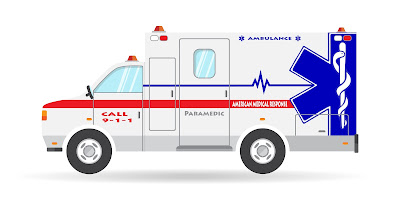 |
| Image credit: Shutterstock |
It’s official: private equity firm KKR is purchasing
American Medical Response. The $2.4 billion acquisition is the latest addition
to KKR’s growing list of healthcare portfolio companies.
Turns out the recent buyout, combined with similar purchases,
is a new direction for George Roberts
and Henry Kravis, co-CEOs and co-chairmen of KKR. Just last month, the firm also
acquired online health publisher WebMD.
And in a separate deal, the private equity giant also obtained a majority stake
in Nature’s Bounty.
So what does it mean? It means that investors see the value
of the healthcare industry and expect it to grow in the near future.
KKR's actually been at it for a while when it comes to
investing in healthcare. Two years ago they also bought Air Medical. According
to Reuters,
“the merger with American Medical Response (AMR), the largest U.S. provider of
ambulance services, would allow KKR's Air Medical Group to easily substitute
costly helicopter flights with ambulances for shorter trips.”
Together, Air Medical and American Medical Response will
transport an estimated five million patients every year. As of now, Air Medical
and American Medical Response services are available in 46 states. But who’s to
say they won’t expand that to all 50 states soon?
It’s easy to see why KKR and other private equity firms are
investing in healthcare. After all, it's a safe bet. As management consultant
firm Bain & Company puts it, the healthcare industry has a “proven
resilience to economic turbulence.” Maybe that’s why last year the deal value
for healthcare private equity reached $36.4
billion, the highest level since 2007.
In a recent article published in Forbes,
contributor Todd Millay gave his thoughts on why healthcare stocks are hot
right now:
“The long-term fundamentals of the healthcare sector compare
favorably to the broader market. The sector has superior earnings-per-share
growth—the key driver for long-term equity
returns. The healthcare sector also has a higher and more stable return on
equity than the broader market. Healthcare stocks have traditionally declined
less than the overall market in downturns.”
It makes sense, given that everyone needs healthcare and it
will always be in demand.
No comments:
Post a Comment